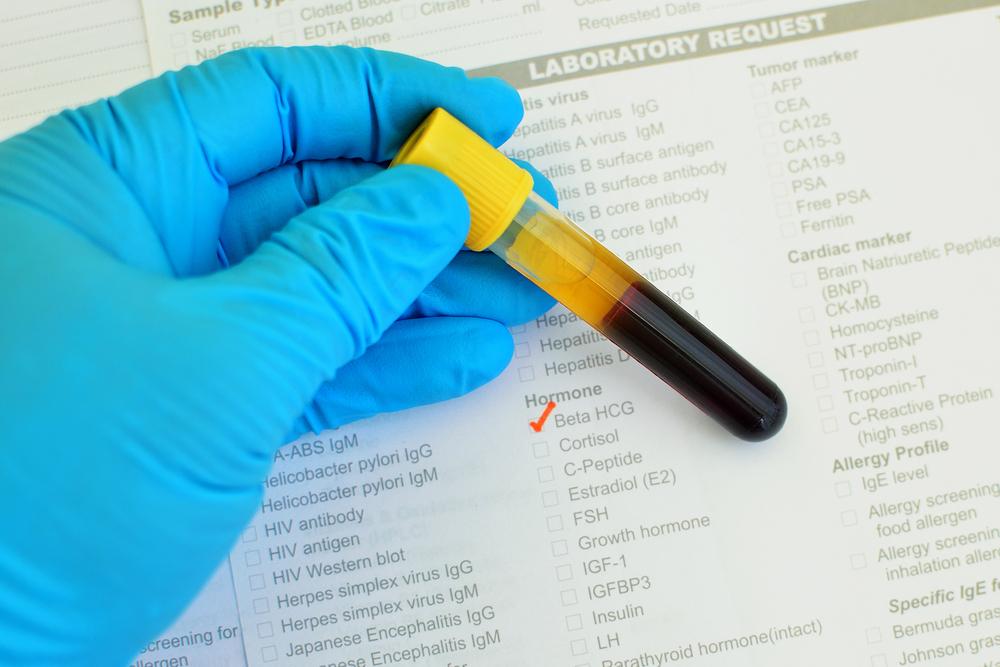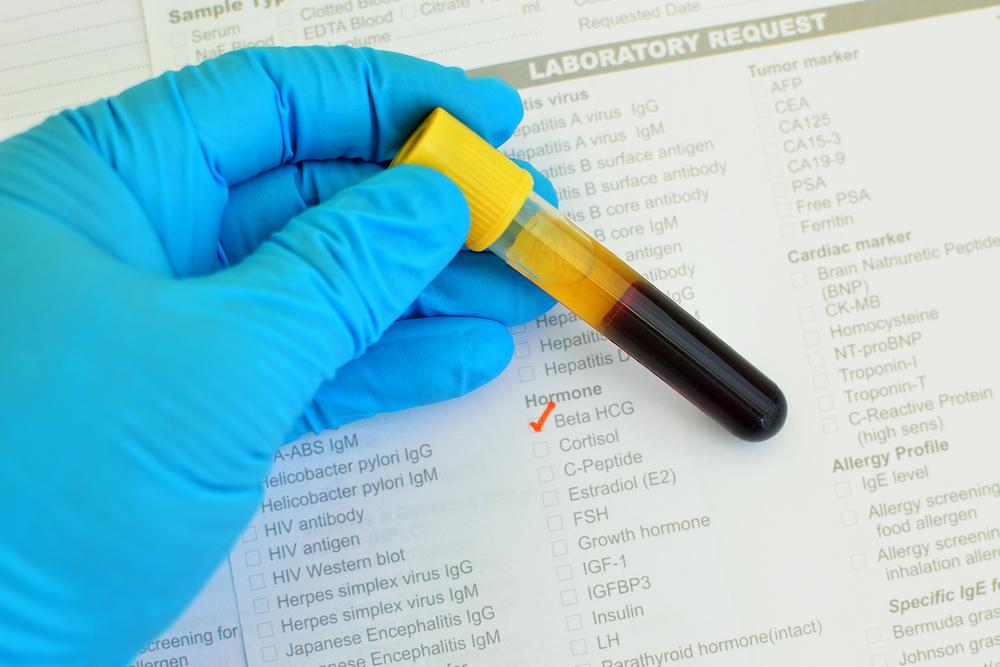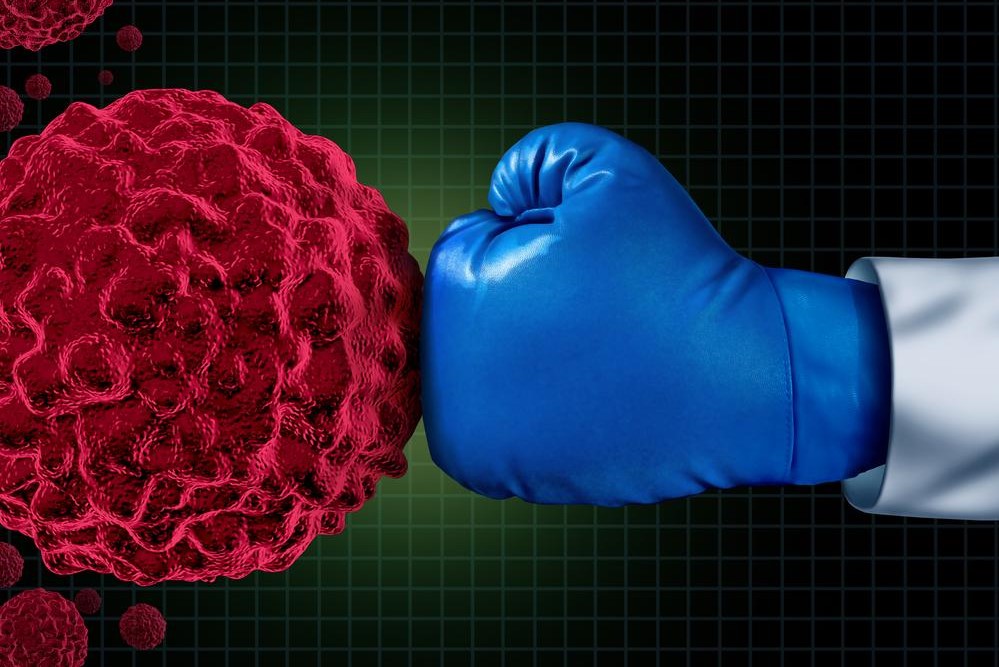Comprehensive Guide to the Main Types of Cancer Immunotherapy and Their Advances
This comprehensive article explores the various major types of cancer immunotherapy, including non-specific cytokines, T-cell modifications, cancer vaccines, monoclonal antibodies, and oncolytic viruses. It discusses their mechanisms, examples, recent advances, and future challenges, providing valuable insights into cutting-edge cancer treatmentoptions, suitable for healthcare professionals, patients, and caregivers.

An In-Depth Exploration of the Major Types of Cancer Immunotherapy
Cancer remains one of the most challenging diseases worldwide, prompting continuous research and development of innovative treatment strategies. Among these, immunotherapy has emerged as a revolutionary approach, leveraging the body's own immune system to combat cancer more effectively than traditional treatments like chemotherapy and radiation. This comprehensive guide delves into the various types of cancer immunotherapy, their mechanisms, applications, and recent advancements, providing a detailed overview for healthcare professionals, patients, and families interested in cutting-edge cancer treatment options.
Immunotherapy, often referred to as biological therapy, utilizes natural or laboratory-engineered substances to boost and direct the immune system's natural ability to detect and destroy cancer cells. Unlike traditional therapies that target cancer directly, immunotherapy empowers the body's defenses to recognize malignancies, suppress tumor growth, and prevent metastasis—the spread of cancer to other parts of the body. The development of immunotherapy has significantly improved outcomes for many patients, especially in cases where conventional treatments have failed. As research progresses, the types of immunotherapy continue to diversify, offering personalized and targeted options for different cancer types.
1. Non-specific Immunotherapies
Non-specific immunotherapies are among the earliest forms of immunotherapy and work by broadly stimulating the immune system rather than targeting specific cancer antigens. These therapies include cytokines such as interleukins and interferons, which play crucial roles in immune regulation and activation. They are often used in conjunction with other treatments like chemotherapy or radiation to enhance overall effectiveness.
Interleukins, such as IL-2, are primarily utilized for treating melanoma and renal cell carcinoma. They work by stimulating the growth and activity of certain immune cells, including lymphocytes, which can attack cancer cells directly. Interferons, on the other hand, have a broader spectrum of activity and are effective against various tumors, including hairy cell leukemia and certain types of melanoma. These cytokines enhance the immune system's surveillance capabilities, promoting the destruction of cancer cells and inhibiting their proliferation.
2. T-cell Based Immunotherapy
T-cell therapy represents one of the most exciting advancements in cancer immunotherapy. This approach involves modifying a patient’s T-cells, a vital component of the immune system, to specifically target and destroy cancer cells. The process typically includes collecting T-cells from the patient, engineering them in the laboratory to express tumor-specific receptors such as CARs (Chimeric Antigen Receptors), expanding these reprogrammed T-cells, and re-infusing them back into the patient.
Once reintroduced, these engineered T-cells seek out and attack tumor cells with high precision. T-cell therapy has shown remarkable success in hematologic cancers like certain leukemias and lymphomas, leading to durable responses and remission in many cases. Ongoing research aims to expand its efficacy to solid tumors, which present additional challenges due to the tumor microenvironment.
3. Cancer Vaccines
Cancer vaccines are designed to stimulate the immune system to recognize and fight cancer cells more effectively. These vaccines can be used both preventively and therapeutically. Preventive vaccines, such as the HPV vaccine, reduce the risk of certain cancers by preventing infections that cause malignancies. Therapeutic vaccines, on the other hand, are administered after cancer diagnosis to enhance the immune response against existing tumors.
Therapeutic cancer vaccines introduce specific tumor antigens to the immune system, prompting it to target and destroy cancer cells. Examples include the Bacillus Calmette-Guérin (BCG) vaccine used in bladder cancer and other experimental vaccines under development for various cancers.
4. Monoclonal Antibodies (mAbs)
Monoclonal antibodies are laboratory-produced proteins that mimic natural antibodies' ability to identify and bind to specific targets on cancer cells. Drugs such as pembrolizumab and Avelumab are designed to attach to cancer-specific proteins, effectively tagging the cells for destruction by immune cells like T-cells and natural killer cells. Additionally, many monoclonal antibodies inhibit immune checkpoints—molecules that tumors exploit to suppress immune responses—thus restoring the immune system’s capacity to attack the cancer.
These therapies have revolutionized oncology by providing targeted treatment options with fewer side effects compared to conventional chemotherapies. They are particularly effective in treating melanoma, lung cancer, and other tumor types where immune checkpoint pathways play a pivotal role.
5. Oncolytic Virus Therapy
Oncolytic virus therapy involves using genetically engineered viruses that selectively infect and kill cancer cells while sparing normal tissues. One of the prominent examples is talimogene laherparepvec (T-VEC), a modified herpes simplex virus approved for melanoma treatment. These viruses are injected directly into tumor masses, where they replicate, cause cancer cell lysis (destruction), and release tumor antigens. The process enhances immune recognition of the tumor, stimulating systemic anti-cancer immunity.
Patients often undergo multiple injections to achieve complete tumor eradication. This approach not only attacks cancer directly but also turns the tumor microenvironment into an in situ vaccine, promoting long-term immune memory against the disease.
Future Directions and Challenges
While cancer immunotherapy has achieved remarkable success, several challenges remain. Not all patients respond to current therapies, and some may experience immune-related adverse effects. Ongoing research focuses on identifying predictive biomarkers to personalize treatments, overcoming resistance mechanisms, and combining different immunotherapeutic modalities for synergistic effects.
Innovations such as neoantigen vaccines, bispecific T-cell engagers, and advanced cell therapies are currently under investigation. These developments promise to expand the reach of immunotherapy, offering hope for more effective and less toxic cancer treatments in the future.





